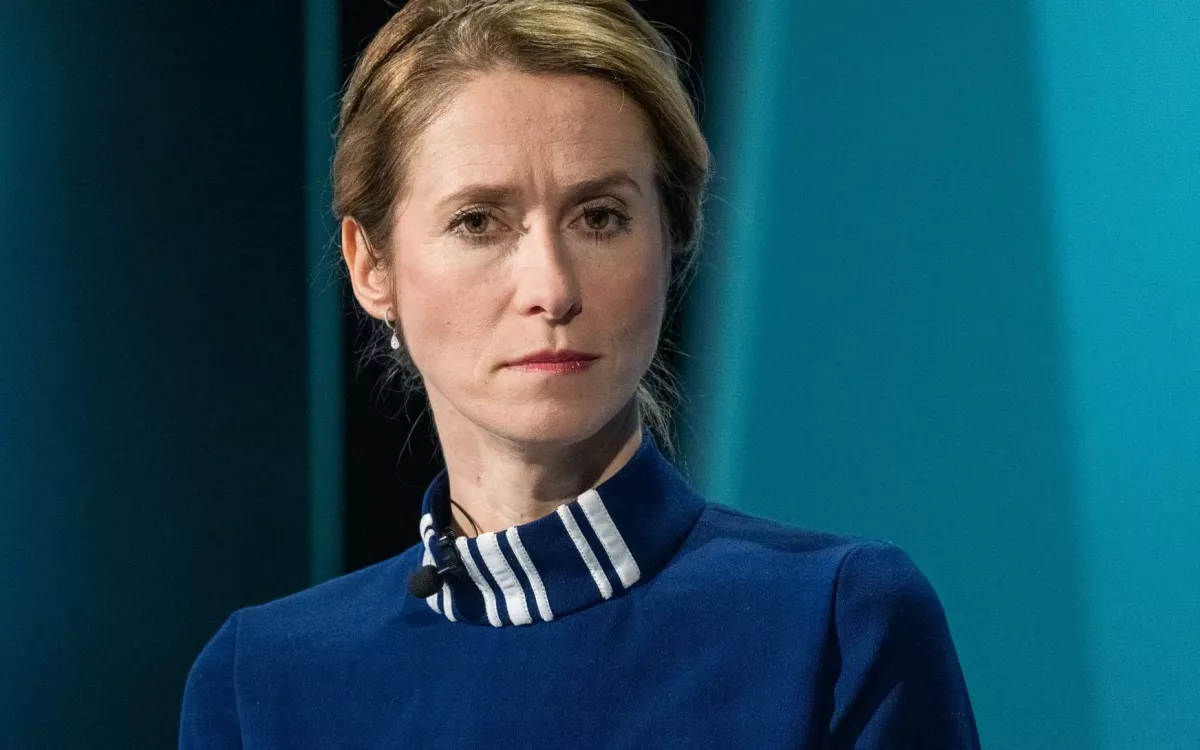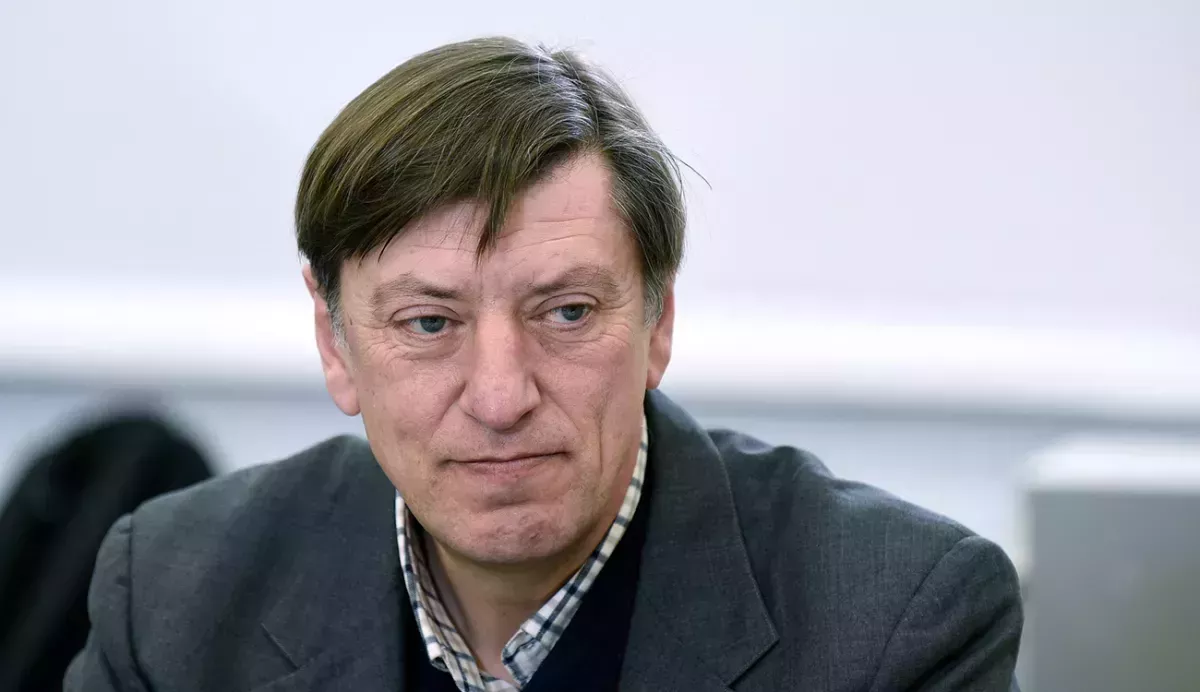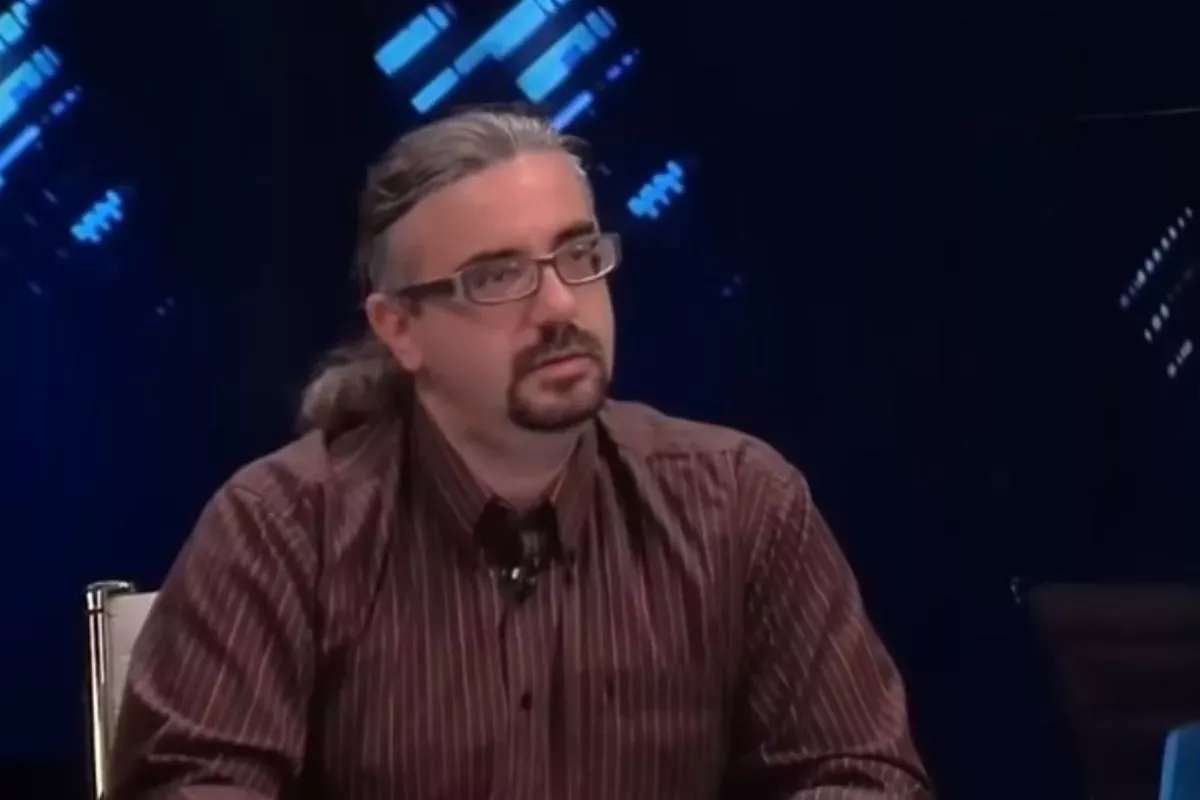Europe and the UN against Iran’s nuclear ambitions Experts warn of economic and political fallout
The United Nations has reinstated sanctions against Iran. The restrictions include the freezing of the country’s foreign assets, a ban on the development of nuclear technologies, and the restoration of the arms supply embargo.
The so-called “snapback” mechanism for restoring sanctions was triggered a month ago by the United Kingdom, Germany, and France. These countries accused Tehran of “persistent and significant non-performance of its JCPoA [Joint Comprehensive Plan of Action] commitments, signed in 2015 to regulate Iran’s nuclear programme.
The European Union also announced the immediate reinstatement of all nuclear sanctions and restrictive measures against Iran. This decision came after the UN Security Council, on 28 September, resolved to reinstate the measures previously lifted under Resolution 2231.

European Union High Representative for Foreign Affairs, Kaja Kallas, stated that intensive diplomatic contacts with Tehran had taken place over the past month, but they failed to create conditions for extending the resolution.
At the same time, Kallas emphasised that the reinstatement of sanctions “must not be the end of diplomacy,” and the EU will continue to push for negotiations.
However, in response to the activation of the “snapback,” Iran has officially announced that it will consider the possibility of withdrawing from the Treaty on the Non-Proliferation of Nuclear Weapons (NPT).
Prominent regional experts have assessed the potential dangers of such warnings from Tehran for neighbouring countries.

Deputy Director of the Kyiv-based Centre for Middle Eastern Studies, Serhiy Danylov, recalls that after the Twelve-Day War, some representatives of Iran’s leadership had already threatened to withdraw from the NPT.
“A corresponding bill was even introduced in parliament. However, it never went beyond statements. Tehran was hoping for a miracle and, for some reason, was convinced that Russia and China would be able to block the automatic reinstatement of sanctions against Iran at the UN Security Council,” the researcher explained.
In his view, following the activation of the “snapback” mechanism, Iran faces a deepening economic crisis, which could trigger political upheaval.
“It is possible that part of the ruling elite may try to consolidate society through external aggression. However, it is far more likely that threats of using force against neighbours will provoke the opposite reaction among ordinary Iranians. The IRGC [ Islamic Revolutionary Guard Corps] will not succeed in waging a ‘small victorious war,’ but such a move could well bury the regime itself. Therefore, I would rather expect an escalation of internal political struggle amid a deepening economic and social crisis — one that, for the first time in the history of the Islamic Republic, is accompanied by a genuine split within the elite,” Danylov explained.

Israeli Iran expert and author of the Oriental Express Telegram channel, Mikhail Borodkin, argues that Iran is currently too weak to take any serious steps.
“Iran’s air defence systems were destroyed by Israel during the twelve-day war. In the same conflict, they lost most of their missile arsenal, as well as their production facilities. Their proxies have also been weakened. Hezbollah, the strongest pro-Iranian force, is under heavy pressure in Lebanon, where the government is demanding its disarmament. In Syria, the pro-Iranian Assad regime has been replaced by a pro-Turkish one. Shiite militias in Iraq and the Houthis in Yemen are nowhere near Hezbollah’s capabilities. Iran’s armed forces have proven to be a rather weak structure, with outdated and poorly maintained equipment,” the researcher noted.
Therefore, despite the surge of anti-Azerbaijani rhetoric in Iran’s public sphere, Borodkin believes the regime currently has limited practical means to act.
“At this stage, a formal withdrawal from the NPT would be more of a declarative move, signalling that the current Iranian leadership is burning all bridges and abandoning any dialogue with the West. In the short term, however, there is no real threat due to Iran’s military weakness and the weakened state of its proxies.
That said, as long as this regime remains in power, it will continue to pose a threat to neighbouring states and the wider Middle East. Engagement with it therefore requires the utmost vigilance and caution,” Borodkin stressed.








